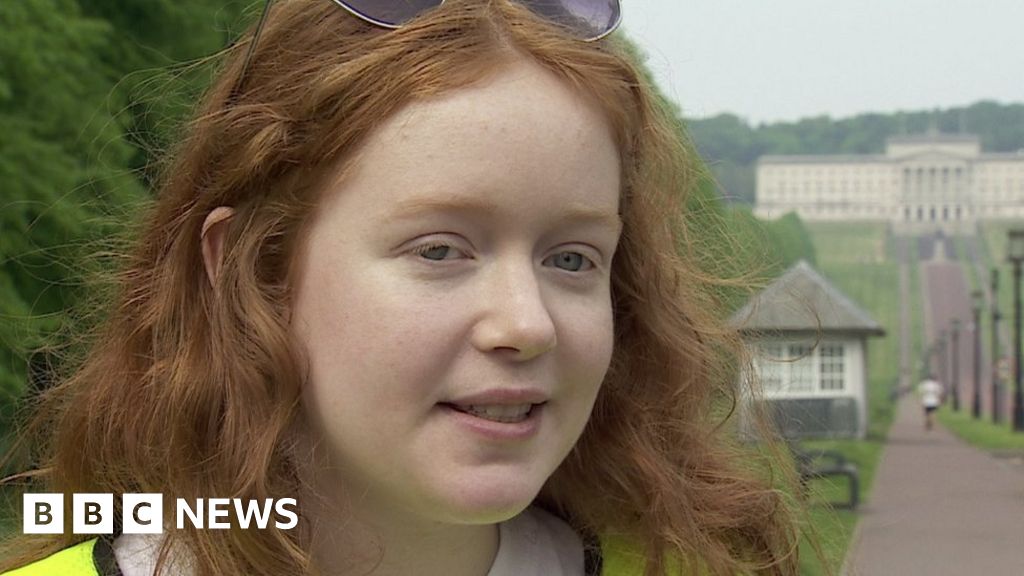More broadly, the Government plans to ask whether parental safety tools that already exist on phones and apps – which can be used to set screen time limits or block individual apps on children’s phones – could be made clearer.
There are suggestions they could be standardised across different apps and devices. Ministers are also seeking better evidence about the anecdotal harms caused by social media and phones.
Although much of the technology sector is twitchy about the prospect of more regulation, Helen Burrows, policy director at telecoms giant BT, told The Telegraph that if the “current regulation to protect children isn’t working, perhaps a clearer age boundary around [social media] access is needed and a government consultation would be the best route”.
Surprisingly, some of the Government’s proposals have met with reticence from online safety activists, who fear the measures could miss the mark.
The Molly Rose Foundation, the charity set up by Ian Russell – the father of the teen who died after being exposed to self-harm on social media – has questioned whether the excessively intrusive measures could cause friction between parents and children. Andy Burrows, a spokesman for the charity, has called the proposals “bad and reactionary”.
Sir Peter Wanless, chief executive of the National Society for the Prevention of Cruelty to Children, wrote in The Times that blocking teens from the internet could lead to “increased secrecy”.
The Government’s sudden attack on phones comes mere months after the Online Safety Bill passed into law. The bill gives Ofcom the power to levy billions of pounds in fines for failures by tech giants.
Next month, Ofcom plans to launch its own children’s code of practice, which will mandate that tech companies ensure children have safer online experiences and ensure they are protected from self-harm and pornography.
Baroness Beeban Kidron, one of the most vocal proponents of the Online Safety Act, says she is “absolutely with people who say children do not need smartphones in primary school”, adding “the parents are right, the parents have been let down”.
Recent figures from Ofcom, the telecoms regulator, have only added fuel to the fire. Survey data showed a quarter of three-to-four-year olds now own their own smartphone, while 51pc of under-13s use some form of social media – despite being technically barred from the apps – suggesting whatever age checks are in place are simply not working.
While the crackdown has vocal supporters, public opinion is fickle. For instance, a third of parents told Ofcom they would allow their children access to a social media app before its recommended age. A YouGov survey suggested Britons were broadly split when it came to banning under-16s from phones – with 36pc in favour and 38pc against.
A government source insists there is currently a moment to have “a really open conversation… a space to inform future political thinking”.
Ultimately, the outcome of that conversation could be acted on by Labour rather than the Conservatives. The opposition party is on track to win power in the upcoming election and has also backed calls for more action.
A Labour spokesman said: “The Government has delayed releasing any further details on social media or smartphone bans since last year. We will look at any proposals aimed at keeping children safe online.”
Whoever ends up in power, the smartphone backlash is going nowhere.

Emily Foster is a globe-trotting journalist based in the UK. Her articles offer readers a global perspective on international events, exploring complex geopolitical issues and providing a nuanced view of the world’s most pressing challenges.








